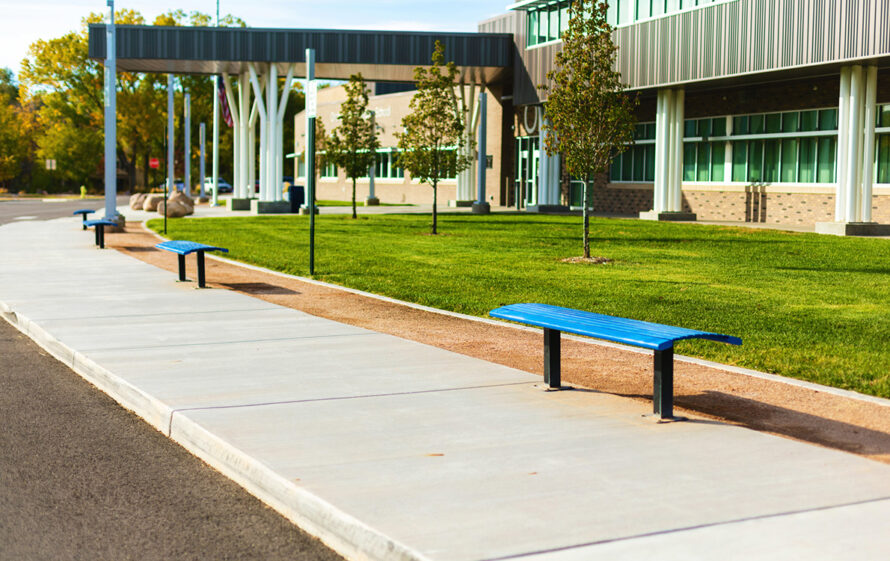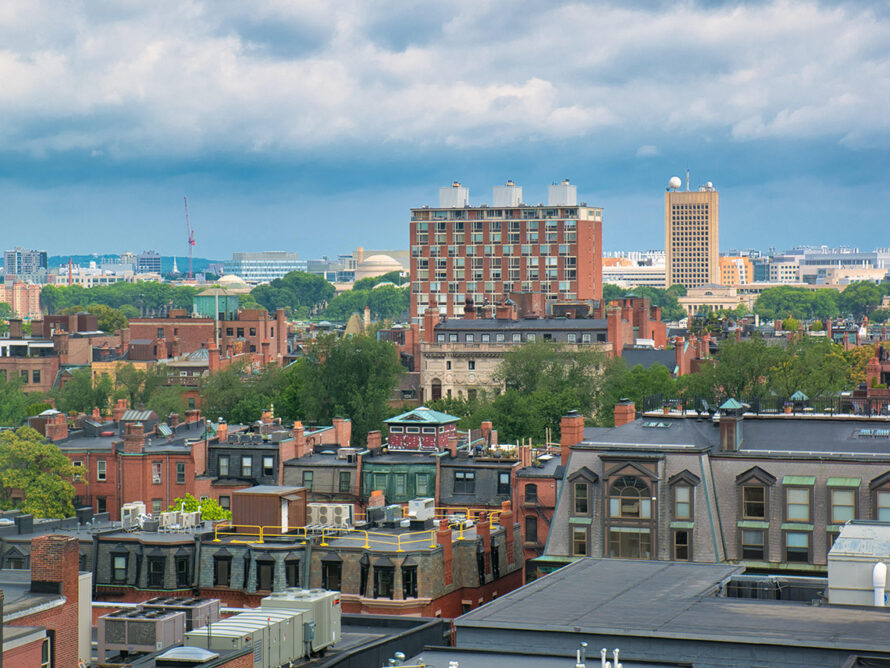To address increasing energy costs, and worldwide growth in energy demand, we need effective energy-saving solutions. Since the 1970s, Berkeley Lab has been a world leader in advancing energy-efficiency breakthroughs across the building, water, and transportation sectors. We’re working closely with industry, government, and policymakers to develop technological and systems solutions that increase energy efficiency, save money, and protect human health and safety.

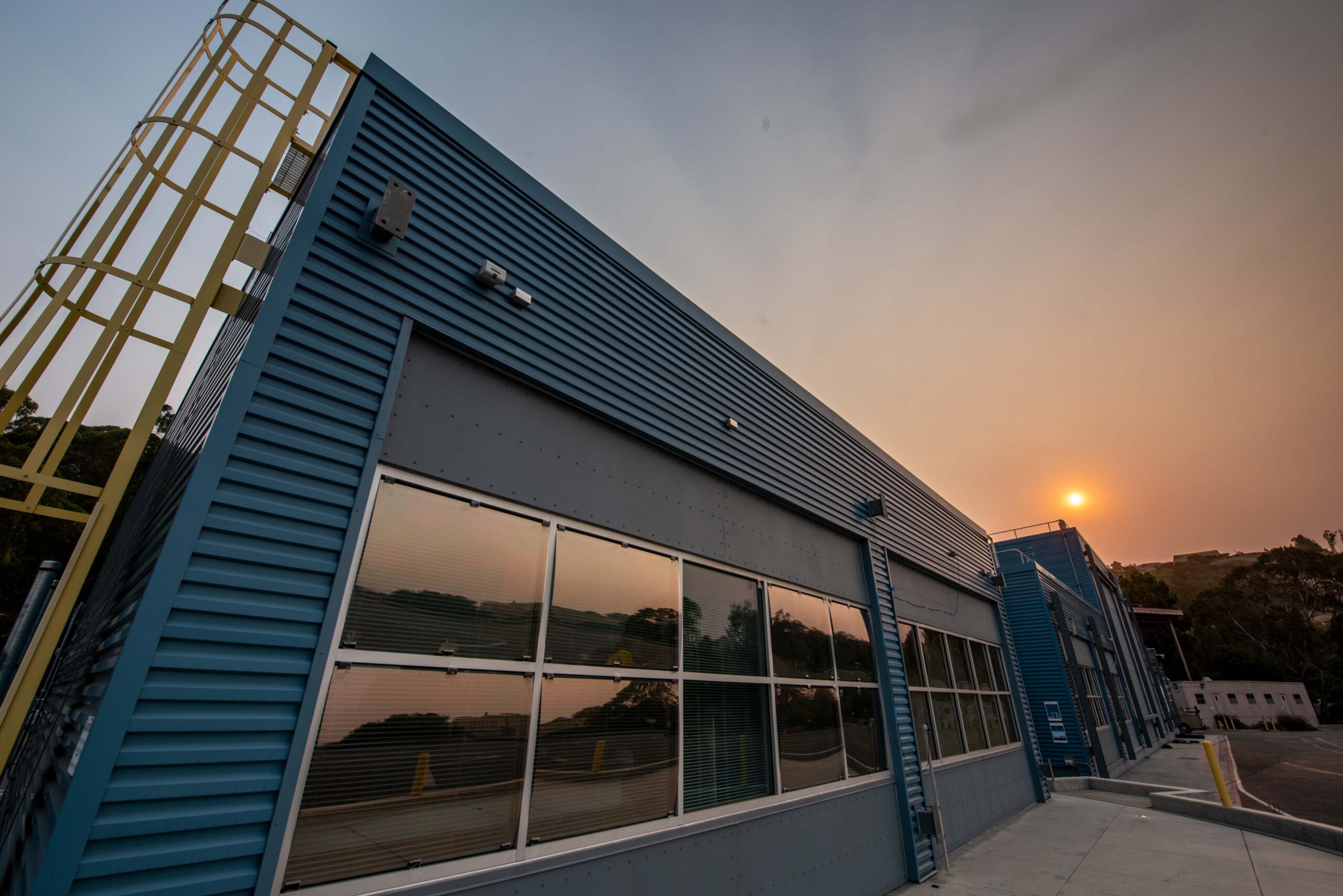
A testing facility for energy-efficient building technologies.
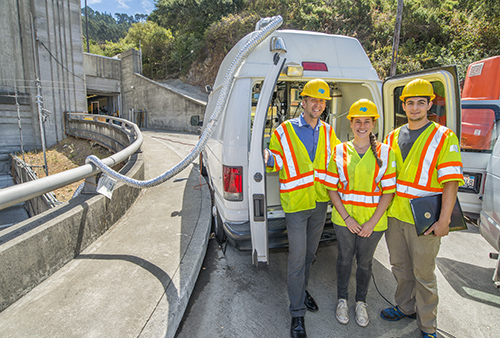
Researching technologies, software, programs, and market incentives to advance a more resilient and reliable grid whose power is more affordable for customers.

The Connected Communities program demonstrates how demand flexibility contributes to a secure, reliable grid, while improving resilience through Virtual Power Plant (VPP) solutions.

Researchers are working closely with industry, cities, national laboratories, UC Berkeley, and other research institutions to develop robust solutions to critical transportation issues.
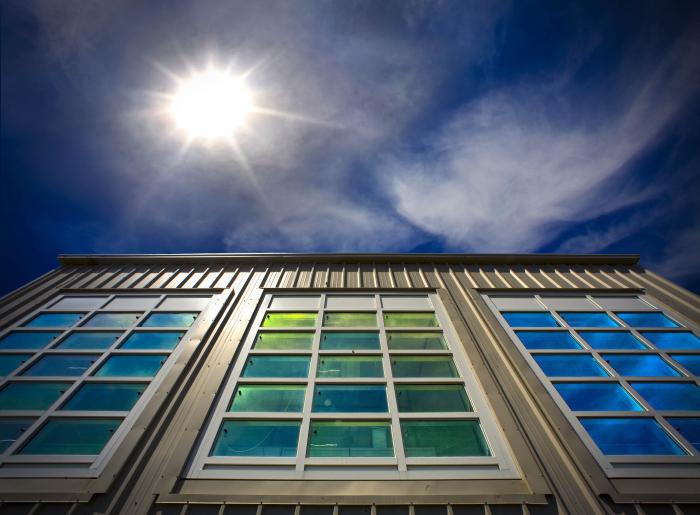
Berkeley Lab’s advanced technologies and software tools are the world standard in increasing the energy efficiency of windows and buildings.

Researchers are developing critical performance monitoring tools, providing energy and facility managers with new analysis and visualization capabilities.

Berkeley Lab is developing data and technologies that increase energy efficiency and improve the health, safety, and comfort of building occupants in the U.S. and worldwide.

Berkeley Lab is developing software that supports the efficient design and operation of buildings, as well as future systems that can save energy and money.
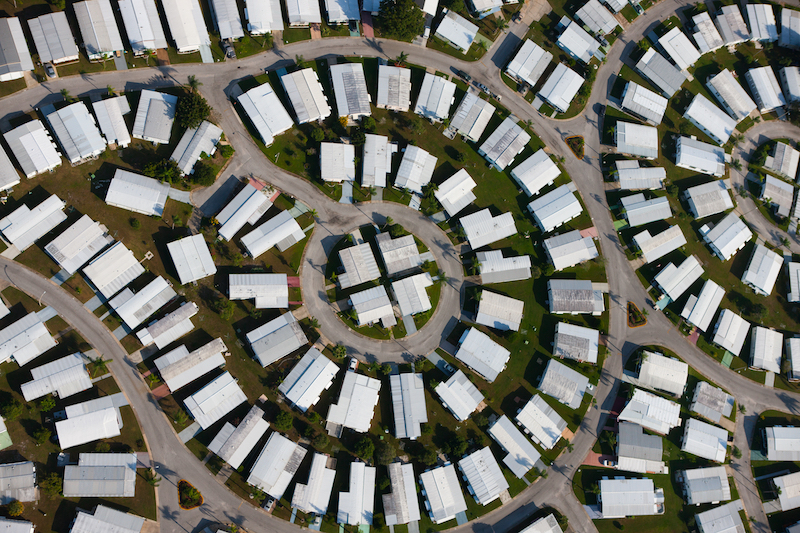
Researchers are developing new strategies to cool buildings and cities by making roofs, pavements, and cars cooler in the sun.
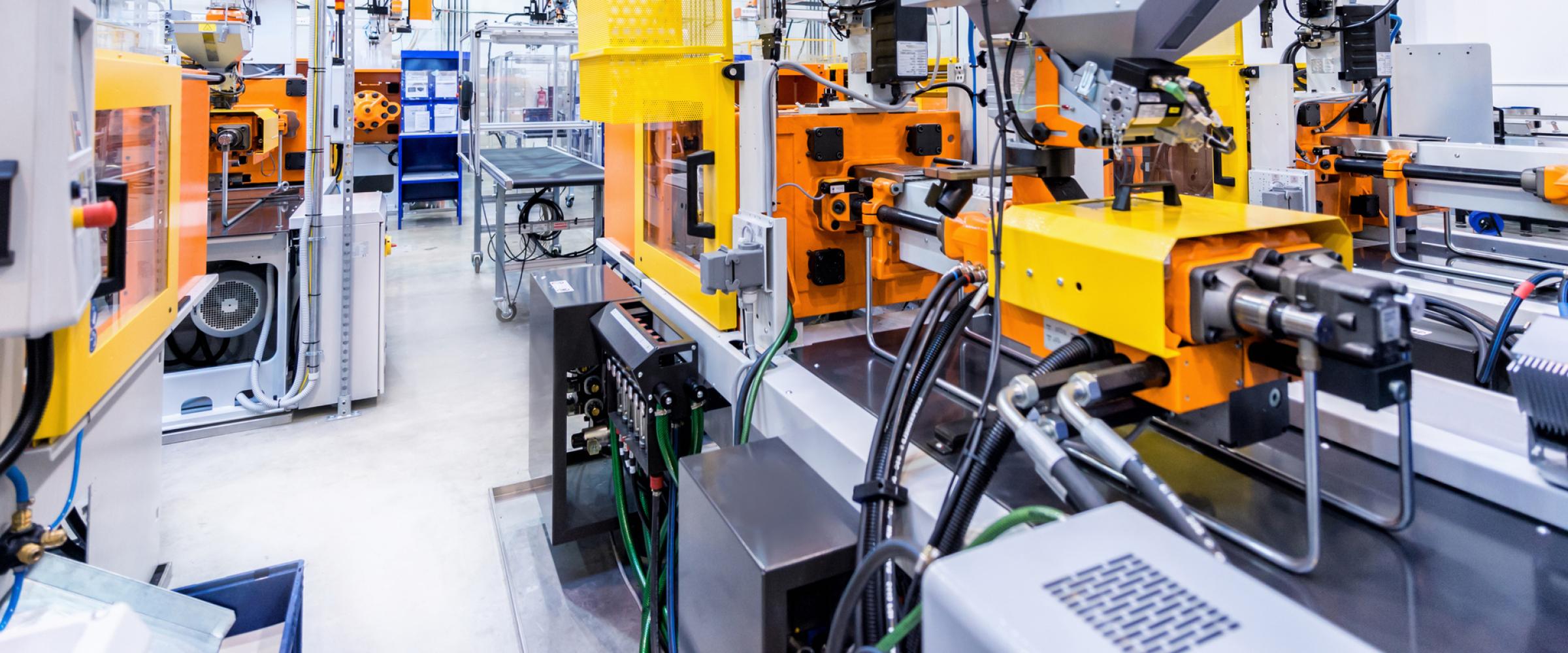
This team develops and deploys evidence-based energy management solutions to help organizations achieve their energy-related objectives.
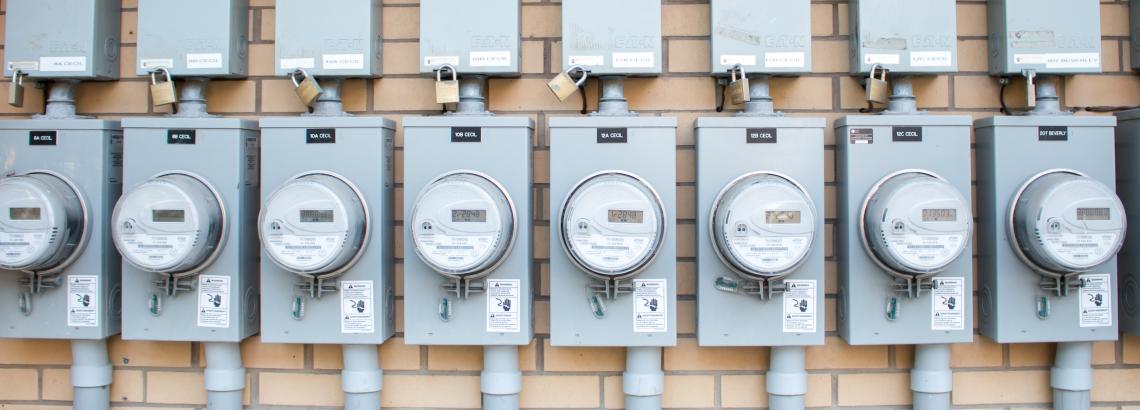
This group conducts unbiased research, analysis, and technical assistance on energy-efficiency markets and policies.
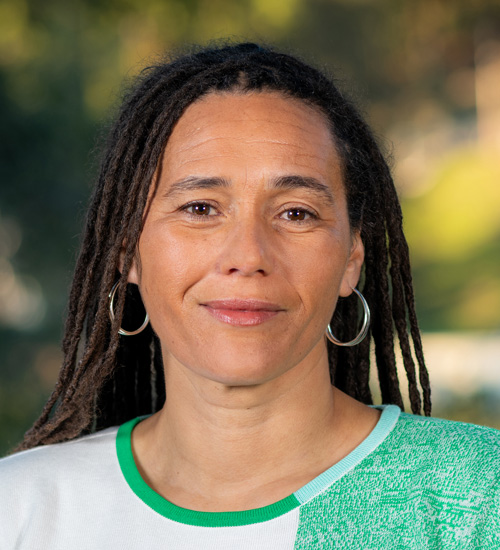
"Commercial and residential buildings account for approximately $375 billion of energy usage per year in the United States. Our research focuses on developing innovative building technologies, tools, and modeling and simulation methods that increase energy efficiency, save money, and improve health and safety for building occupants."
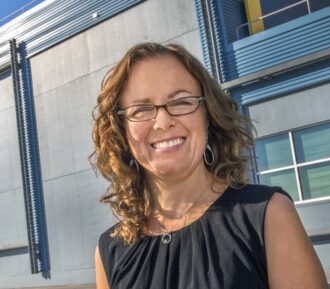
Regnier is the Whole Building Systems Department Head and FLEXLAB® Executive Director at Berkeley Lab. Regnier also manages several research projects focused on community scale deployment of coordinated grid interactive efficient buildings, and deployment of low energy systems and technologies.

As a senior energy technology researcher, Joshua leads a large research program focused on applied research, demonstration and deployment projects used to accelerate the adoption of building energy efficiency, cost reduction, demand flexibility – in the commercial building sector, for existing buildings retrofits and operational practices.

What might the houses and apartments of 2050 look like if they take advantage of new technologies? Berkeley Lab energy technology researchers gave a glimpse into what a home built in 2050 might look like.
Art Rosenfeld, a physicist and Berkeley Lab Distinguished Scientist Emeritus, transformed the fledgling field of energy efficiency from a research afterthought into a scientific discipline.
Berkeley Lab scientists discuss how advances in energy storage can help us prevent extreme weather-related blackouts, adopt more renewable energy, and build bigger, better, more environmentally responsible batteries.
